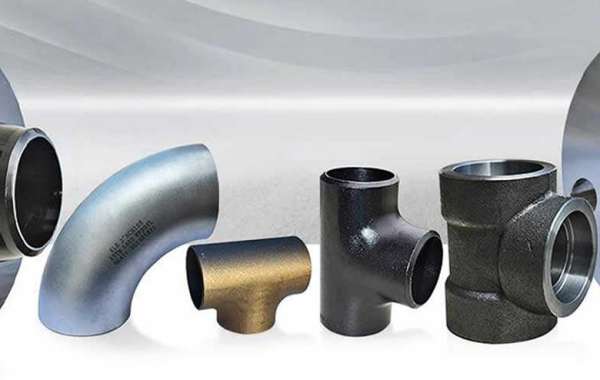
Stainless Steel Pipe Fittings Guide
Brass pipe fittings were primarily used in the industrial and commercial sectors until stainless steel arrived and took it to the next level. After seeing the impressive benefits of stainless steel for other applications, material preferences quickly improved!
Stainless steel is now used not only for pipe fittings but also for flanges and instrumentation valves.
What Exactly Are Pipe Fittings?
Pipe fittings are commonly used to connect the bores of two (or more) pipes or tubes to separate equipment. Stainless steel pipe fittings manufacturers in India also recommend using pipe fittings as a fluid flow control device. Pipe fittings can also be used to close and seal any pipe.
Pipe Fittings are available in two varieties.
Pipe fittings are classified into two types: male fittings and female fittings. What is the distinction?
Male threads are fitted out on threaded pipe fittings, while female threads are used on the inside. Pipe fittings typically have one female end and one male end. These are referred to as street fittings. Pipe fittings can be used to connect pipes and tubes in the following ways:
Using Threading
In this process, threaded (metal) pipes are threaded together to connect to standard fittings and pipes.
By means of slip-fit
These pipes have sleeves that make it easier to slip one pipe into another tube fitting.
Why Should You Use Stainless Steel Pipe Fittings?
Stainless steel is a type of steel that is resistant to corrosion. Because of the formation of a passive oxide film, the steel is self-repairing. The resistance properties of this protective layer improve as chromium and molybdenum levels rise. Typical stainless steel alloys for piping have a chromium content of 17-18% and a nickel content of 8-12%. The most common pipe fittings are stainless steel 304 pipe fittings and stainless steel 316 pipe fittings.
Tips for Easier Pipe Fittings Selection
There are numerous types of pipe fittings available, making it difficult for buyers to select the most appropriate one based on the application. The following are some suggestions to help with the selection process.
Connection Type: Each fitting has two different connector types, such as male threaded and female threaded ends. Likewise, one end could be threaded while the other has a male slip.
Experts disagree on the materials used in construction. However, pipe fittings made of the same material as the pipe to which the fittings will be applied are preferable. In some cases, this rule is not followed.
Other important factors to consider are:
Type of Fitting
Size
Examine the flow
Design
Codes and standards
Thickness
An extensive product catalog has made it easier to find the right pipe fitting, instrumentation valve, and tube fitting for your application.